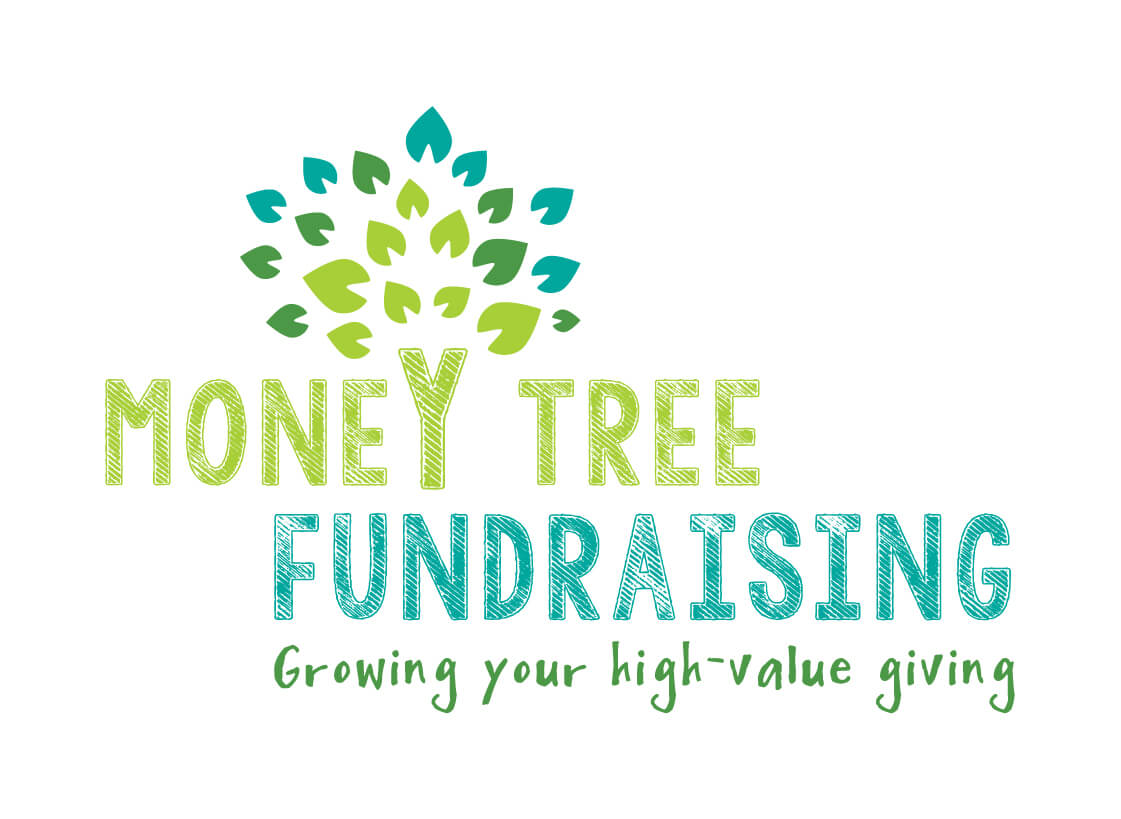I took a brief sabbatical at the end of 2015 – two months to step away from my life and experience some very different places, cultures, lifestyles. The trip was planned around a volunteering project where I’d get to ethically hangout with my all time top favourite animal (don’t tell my dog) – the elephant.
I did my homework and picked a place where the elephants come first – they’ve been working all their lives and come to this sanctuary for peace, health and retirement so no, I didn’t ride any elephants (this is really bad for them) nor did I get to swim/bathe with them (they’ve had enough of being on duty). In fact, pretty much all that was offer was to be in the company of elephants, observing them.
This is a huge privilege: how many of us will get to walk through the forest watching a herd of elephants going about their every day business (which is mainly eating, by the way)?

Photo by Beth Upton
When we weren’t observing the elephants we were working around the camp: watering banana plantations, clearing undergrowth, building compost bins, digging a fire pit for rubbish, clearing weeds, tending to pigs and building furniture from fallen trees.

Photo by Beth Upton
The camp would host up to 30 visitors each day but many were those on day trips or just staying for a night or two. Everyone split their day(s) between elephants and volunteering, regardless of the length of their stay.
I was one of five multi-week volunteers who all arrived on the same day. We were definitely treated differently to our short-stay friends and were given additional access to the main attraction: we got to touch elephants! An elephant’s weekly health check is an up-close-and-personal experience where you measure her waistline, check inside her trunk, check her skin all over. We also got to complete projects with our non-ele time.

Photo by Kev for Beth Upton.
It was definitely a group effort to build this table and bench over several weeks, starting with a felled tree and using only blunt hand tools.
We were invited to the village waterfall ceremony, we then got to swim in that sacred waterfall. We got invited to the staff Christmas BBQ.

Photo by Beth Upton
I definitely felt as if my investment (money, time, annual leave) in their project was recognised and valued. I left with a heavy heart, utterly exhausted and filthy – the local red mud was ingrained in my skin and my clothes – confident that I had added value during my three weeks. I had made a dent in my own world and in the world of the elephant sanctuary. My travels continued, I got clean and had some good sleep. When I did come home, it took quite a while to readjust to London life!

Photo by Beth Upton
About six months after I returned, I was reflecting on my far flung adventure when it dawned on me – they really aren’t going to ask me for a gift, are they? In fact they’d not been in touch at all – no newsletter, no request for feedback, definitely no ask. I’ve never heard from them since.
I know they struggle financially, they told me so when I was there. I know they were planning a “sponsor an elephant” regular gift programme, I told them it sounded good and that I was interested in hearing more.
I was ripe to be asked:
- I’d demonstrated my passion for the cause through giving my time
- I’d given an unusually large amount of that time compared to average visitors
- I’d enquired about their future plans
- I’d responded positively to the probe about my interest in a gift
There was no guarantee that I would have given when asked. I can guarantee that the reason I haven’t given is because I haven’t been asked. And if I haven’t been then nobody else has, either. They are missed out on £tens of thousands – I’d guess over £80,000* each year – by not following up with the people who have taken the most trouble to show their support.
The real shame about this is that more elephants need rescuing from the tourism trade, from illegal logging, from general neglect.

Photo of Sambo, by Beth Upton
(*assume there are 30 visitors each week to the sanctuary, for 48 weeks of the year. Each is asked to give £10 a month to support the sanctuary and 50% say yes)
Give your major donor programme a health check now
